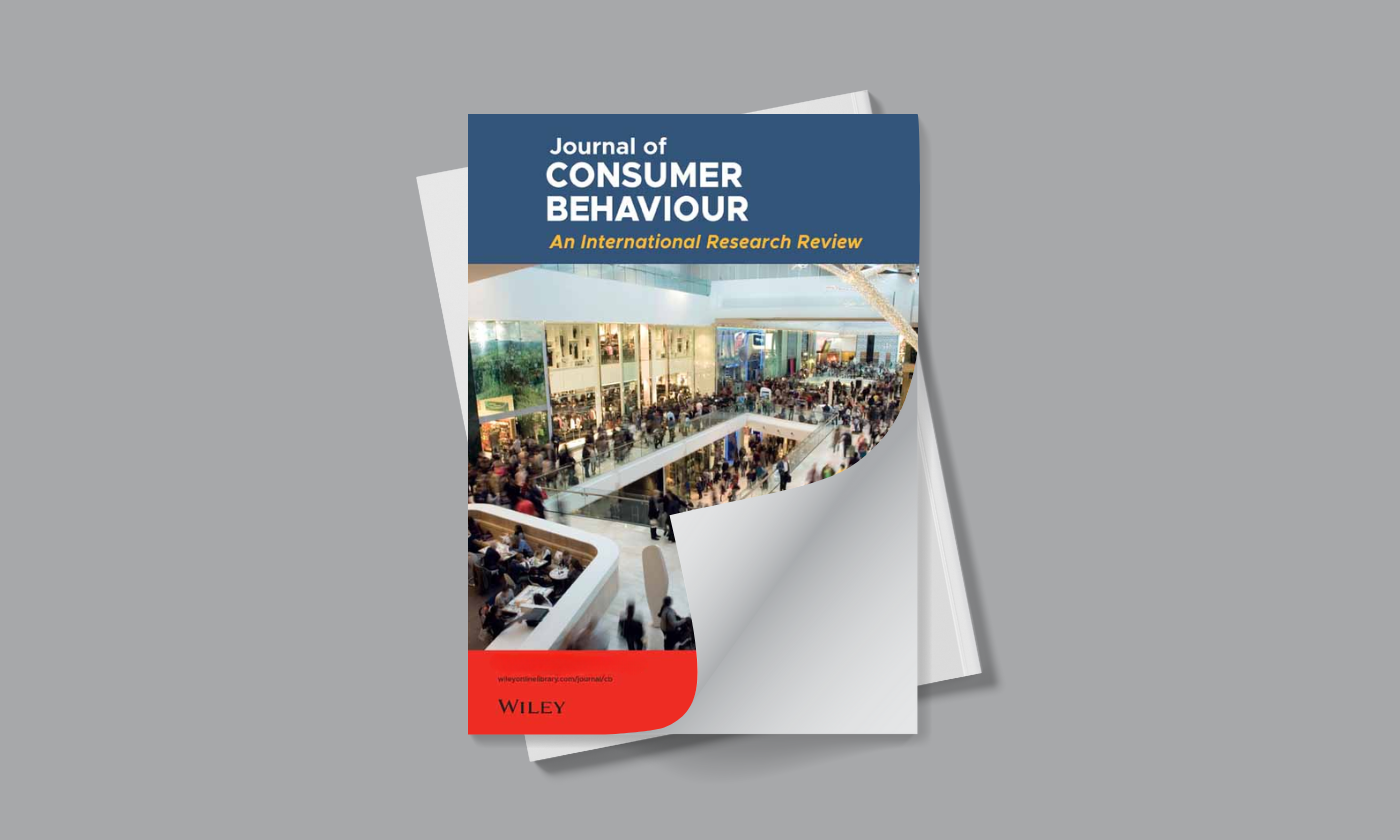Dark Sides of Digital Asset Consumption and Consumer Well-Being: Impact of Psychological Ownership

Authors:
- Mateja Kos Koklič, University of Ljubljana, School of Economics and Business
- Monika Kukar-Kinney, University of Richmond, Robins School of Business
- Irena Vida, University of Ljubljana, School of Economics and Business
Keywords:
Collectivism | Consumer well‐being | Dark digital asset consumption | Digital hoarding | Digital piracy | Psychological ownership | Uncertainty avoidance
Abstract:
This research contributes to the literature on consumer digital asset consumption by developing a novel model that examines the effects of psychological ownership on two dark-side consumption behaviors: digital hoarding and digital piracy. It further examines how these behaviors influence consumer psychological outcomes, specifically, anxiety and consumer well-being. Two empirical studies were conducted. Study 1, an online survey of 625 respondents, recruited through quota sampling from a US consumer panel (Centiment), revealed that perceived psychological ownership is positively related to both digital piracy and digital hoarding. Digital hoarding increases consumer anxiety and indirectly lowers perceptions of well-being. Digital piracy increases anxiety; however, for highly collectivistic consumers, it also enhances perceptions of well-being, while lowering them for more individualistic consumers. Collectivism moderates the relationship between psychological ownership and both digital hoarding and digital piracy, with effects being more pronounced among high (vs. low) collectivistic consumers. Uncertainty avoidance also moderates the relationship between psychological ownership and both digital hoarding and piracy, with effects being stronger for consumers with low (vs. high) levels of uncertainty avoidance. Study 2, conducted as an online experiment with 177 participants recruited from a Prolific panel, confirmed psychological ownership as an antecedent of digital hoarding and digital piracy. This research enhances the theoretical and empirical understanding of the dark sides of consumer digital asset consumption and offers important public policy implications.
The Sustainable Development Goals (SDGs) addressed in the article are:
- SGD 3 – Good health and well-being
- SDG 12 – Responsible consumption and production
The article is published in:
Journal of consumer behaviour (Wiley)
The content is freely accessible at:
Dark sides of digital asset consumption and consumer well-being: impact of psychological ownership

